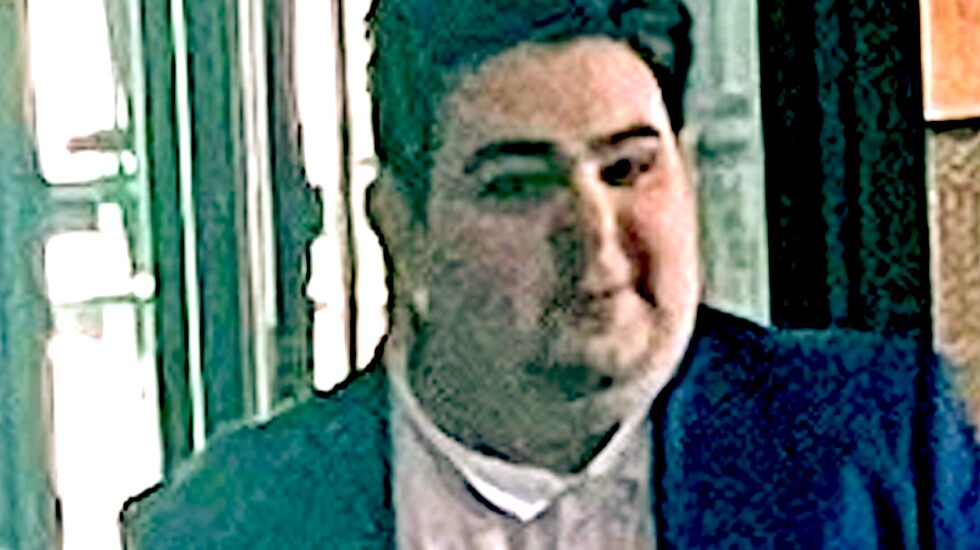
To the Chicago businessmen who have accused Sean Grusd of stealing tens of millions of dollars from them and other investors, he holds a place among the country’s most notorious scoundrels.
“This case involves a pattern of fraud as brazen as any committed by Bernie Madoff,” they said in a lawsuit they’ve filed against Grusd in New York, referring to the notorious convicted scam artist who died in prison after being convicted of bilking investors out of $18 billion.
Grusd, 31, also is charged in federal court in Chicago with defrauding investors of more than $23 million after promising to set up investments for them in privately owned businesses.
Grusd never made those investments, according to prosecutors. Instead, they say, he spent the money on vacations, expensive cars like Teslas and Porsches, a home in an upscale building at 900 W. Washington Blvd. in the West Loop, and gifts to his fiancée and others.
He inflated his resume to the investors — who included Chicago private equity investor John Stafford III and Chicago real-estate executive Patrick Buck — falsely saying, for instance, that he was a Harvard Law School graduate, according to prosecutors.
Grusd said he had $133 million in a bank account when the balance of that account actually was zero, according to the federal criminal complaint against him.
Arraigned Thursday in federal court in Chicago, he pleaded not guilty, and U.S. District Judge Sara Ellis scheduled a hearing for April 27 at which Grusd might change his plea. The judge set Grusd’s bail at $100,000 and allowed him to travel to California, where he can stay while on house arrest.
A lawyer who represents Grusd in the investors’ New York lawsuit didn’t respond to a request for comment. Neither did a lawyer for the investors.
In a court filing in the civil case, Buck said a friend introduced him to Grusd at a private suite during a 2021 White Sox game.
Buck said he checked out Grusd — who told him he had a background in tech investment— and learned his brothers were successful businessmen. Jared Grusd was a former executive at Snap Inc., the parent company of Snapchat.
“I now believe Grusd leaned on the credibility of his brothers and used their success and profile to gain our trust,” Stafford said in another filing in the lawsuit.
Grusd told potential investors he held large stakes in companies, including Stripe, a tech firm, and Klarna, a private equity firm in Europe, according to the lawsuit, which says he said he’d let them invest in his shares of those companies.
Stafford and Buck — along with his father, sister and others — all invested with Grusd. Stafford said companies he controlled gave Grusd $15 million. Buck said he and his family members each invested $300,000.
Buck said he also agreed to manage real estate that Grusd told him he was developing in Mexico.
But Buck said he got worried when no contracts were being signed. Then, Buck said, he spotted what looked to be a forgery on a $133,039,900 bank statement for a company Grusd created for investments. The zeroes didn’t line up, and the fonts were irregular, according to Buck, who said he contacted Silicon Valley Bank, the California bank that failed last month, and was told the account didn’t have any money in it.
During a Dec. 21 conference call — with Buck in the Czech Republic, Stafford in Wyoming and Grusd in Toronto — Grusd “reluctantly confessed to forging the SVB bank statement,” the lawsuit said.
Grusd admitted he didn’t own any shares in Stripe or Klarna and that his brothers weren’t investors, according to the lawsuit, which says Grusd said he “made a lot of bad decisions” and “didn’t know” where the money he was given went.
The judge presiding over the lawsuit in New York has granted the investors a preliminary injunction and frozen most of Grusd’s assets.
Grusd, in responding to the accusations in the lawsuit, asserted his Fifth Amendment right against self-incrimination.







